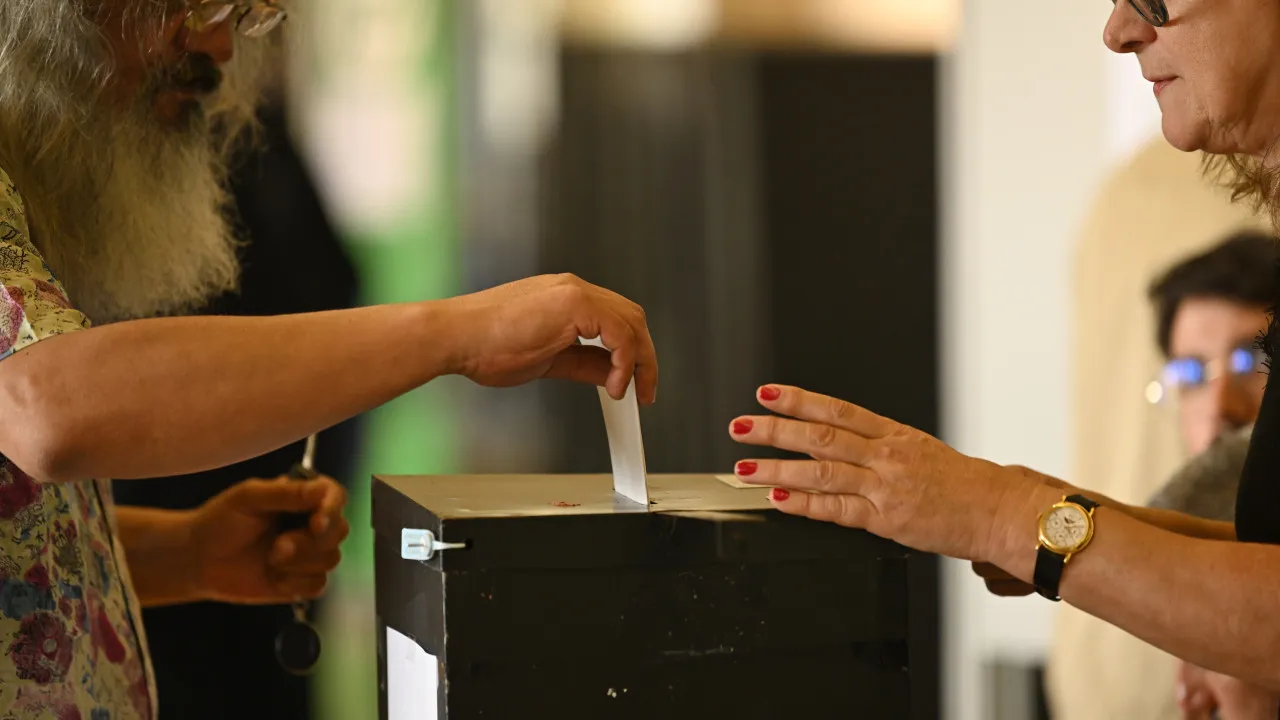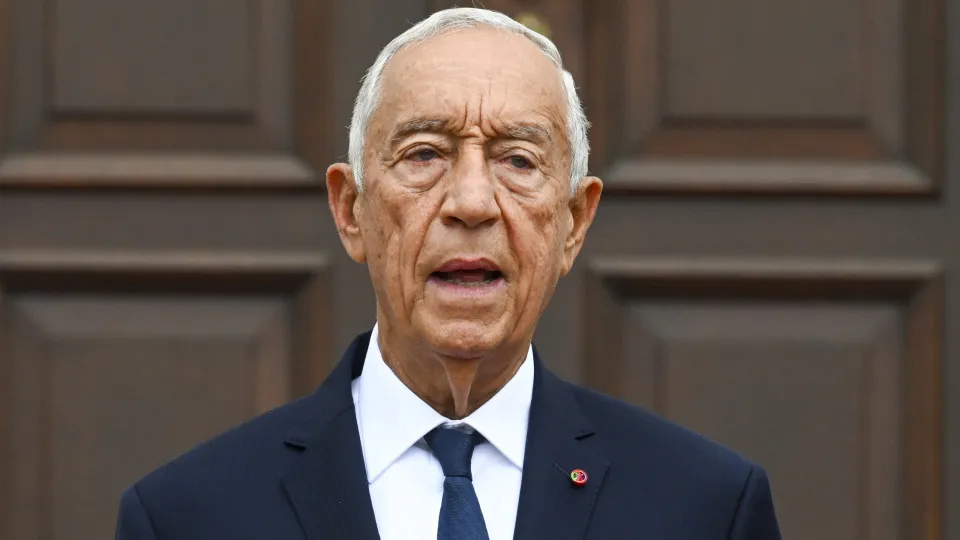
Led by José António Videira, elected by the PS, the municipality of Marvila saw its registered voters—of the 32,380 registered voters—cast their ballots for Chega, which emerged on top with 31.09% (6,103 votes), followed by the PS with 29.80% (5,849 votes) and the AD (a PSD/CDS-PP coalition) with 17.28% (3,391 votes). There was a margin of 254 votes between the first and second most-voted parties.
In statements to Lusa, José António Videira expressed that the results in his municipality, as well as across the country, indicated that “people are tired of this system, of going to the polls,” interpreting it as “a protest vote.”
“There needs to be a reflection, which will be lengthy,” acknowledged the local leader, noting that legislative and local elections are “completely different,” meaning that the results might not even be similar.
For José António Videira, in municipal elections, which will be held in September or October, “there is an association with local power, a proximity between voters and candidates, a presence,” which he notes differs from parliamentary elections.
“Many are not connected with those elected and may view this [legislative elections] as a protest vote, thinking: ‘this party will never win, we can vote freely,'” he stated, highlighting that people “feel unprotected and unfulfilled and unrepresented.”
The local leader also emphasized the importance of preserving democracy, as he believes “today democracy and the values of a Western country, of a European country, are at risk.”
In 2024, during the last legislative elections after António Costa’s resignation and Marcelo Rebelo de Sousa’s dissolution of parliament, 20,402 voters cast their ballots in Marvila, compared to 19,627 this year.
At that time, the PS won in Marvila with 37.18% (7,586 votes), followed by Chega with 23.44% (4,782 votes), and the AD, then formed by PPD/PSD/CDS-PP/PPM, with 15.13% (3,087 votes).
The AD won Sunday’s snap legislative elections, securing 89 deputies, while PS and Chega tied with 58 each for the parliament seats.
Across the 24 municipalities that make up Lisbon, the Aliança Democrática (AD) coalition was the most voted in 16 districts, followed by PS in seven, with Chega securing a win in one.
Tiago Gonçalves, from the Residents and Health Users’ Commission of Marvila, explained to Lusa that he had “some indicators” that “things could change,” justifying that “just walking in the street one could sense the people’s unrest towards ongoing policies.”
“People are outraged. What Chega manages with this populist discourse is to turn people against each other,” said Tiago Gonçalves, closely familiar with the local issues in the parish where “people from very different backgrounds” live, including in several social housing areas.
According to this resident, “Chega’s manipulation directs people to worry about the neighbor’s subsidy instead of the big corporations and their profits.”
“We must not confuse the nation’s populace with its adversaries,” stated Tiago Gonçalves, also expressing hope that “when people start to care, it won’t be too late.”
Marco Silva, head of Marvila’s March organized by Sociedade Musical 3 de Agosto, expressed surprise at Chega’s rise both nationally and locally.
“This is a left-wing area, regardless of the front-runner, it voted left and won. For me, this reflects what has been happening locally by the PS, which may relate to this outcome,” he explained.
“I am very surprised, and today I will go around [the parish] more to connect with people to understand what happened,” said Marco Silva.




